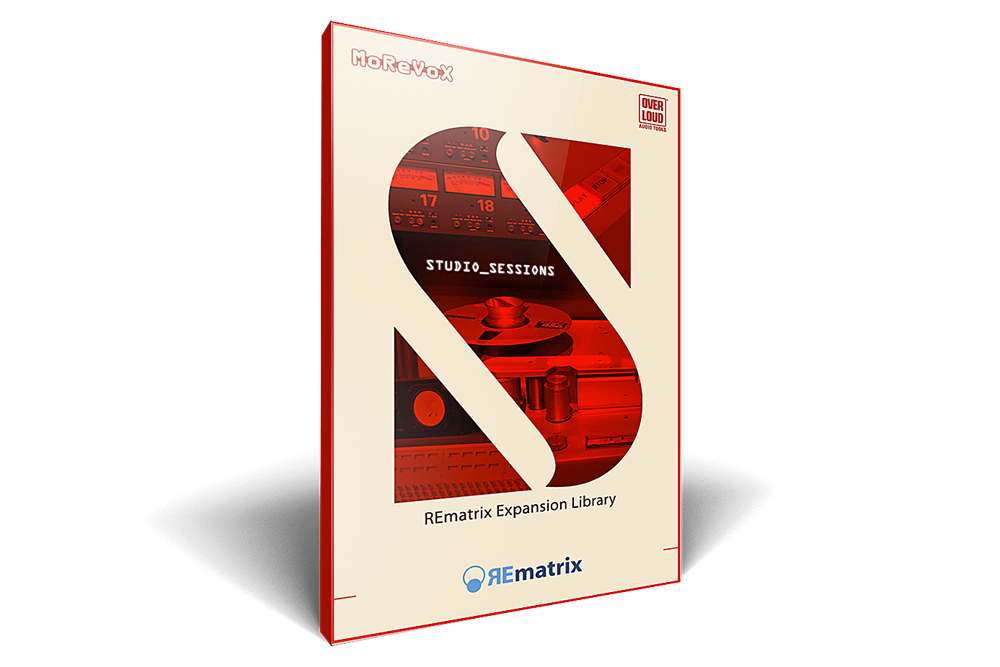If you are involved in the music business there may come a time where you think you need an attorney. But can you afford one? Usually, you will need a music attorney to prepare and/or negotiate contracts. For example, management, recording, publishing, producer and band agreements are routinely handled by attorneys. Experienced music lawyers in big cities such as L.A. and New York typically charge $400 - $800 an hour and sometimes more for very top lawyers. If you don’t have that kind of money there are some alternative fee arrangements which I will describe below.
Types of Fee Agreements
A. By the hour: Music attorneys often charge by the hour with an upfront retainer deposit to cover anticipated fees. If you can afford this method of payment you will not have a problem retaining a lawyer.
B. Percentage: Sometimes a music lawyer may agree to get paid based on a percentage of the money you will receive from the contract. For instance, when you are entering into a recording agreement where you will be receiving an initial advance when the deal closes. Typically, a music lawyer will charge 5%. It could be 5% of a specific contract or 5% of your earnings from the music and entertainment business and your fee agreement should be clear on this.
C. When deal closes: Let’s say you want to enter into a publishing deal where you will be receiving an initial advance of $50,000. If your music attorney thinks the deal has a good chance of closing, he or she may agree to wait to get paid an hourly or a flat fee when the deal closes. Sometimes a lawyer may ask you to sign a “Letter of Direction” whereby the attorney will be paid directly from the source of the money.
D. Deferred fee: Assume you want to enter into a management agreement. But you don’t have the ability to pay the hourly fee and you will not be receiving any money when the deal closes. In some cases, a lawyer may defer getting paid for a number of reasons. If you are a very promising client and the lawyer thinks you will be successful, he may take a chance on you, especially if the proposed contract is of the type that is not that heavily negotiated. Or perhaps after a management agreement is signed it is likely you will be entering into a recording contract and you will be paid when that deal closes. Your lawyer may agree to wait to get paid when you are paid for the record deal.
E. Free or reduced fee: There are non-profit corporations (such as California Lawyers for the Arts) who have legal panels of experienced attorneys who will give you a free initial consultation or a reduced hourly fee depending on your ability to pay. See calawyersforthearts.org and Volunteer Lawyers for the Arts in New York: vlany.org.
Retainer Agreements
Make sure you enter into a written fee agreement with your music attorney that clearly specifies such things as how and when you will pay the fees, what you will be charged for (e.g.,
telephone calls, email, texts) and that you will receive detailed monthly statements. Also, make sure you get a copy of the signed retainer agreement for your records
 There are many ways to pay a music attorney other than paying by the hour up front. Determine the fee agreement that you are comfortable with and carefully choose your music attorney.
There are many ways to pay a music attorney other than paying by the hour up front. Determine the fee agreement that you are comfortable with and carefully choose your music attorney.
GLENN LITWAK is a veteran entertainment attorney based in Santa Monica, CA. He has represented platinum-selling recording artists, Grammy-winning music producers, hit songwriters, management and production companies, music publishers and independent record labels. Glenn is also a frequent speaker at music industry conferences around the country, such as South by Southwest and the Billboard Music in Film and TV Conference. Email Litwak at gtllaw59@gmail.com or visit glennlitwak.com.
This column is a brief discussion of the topic and does not constitute legal advice.













